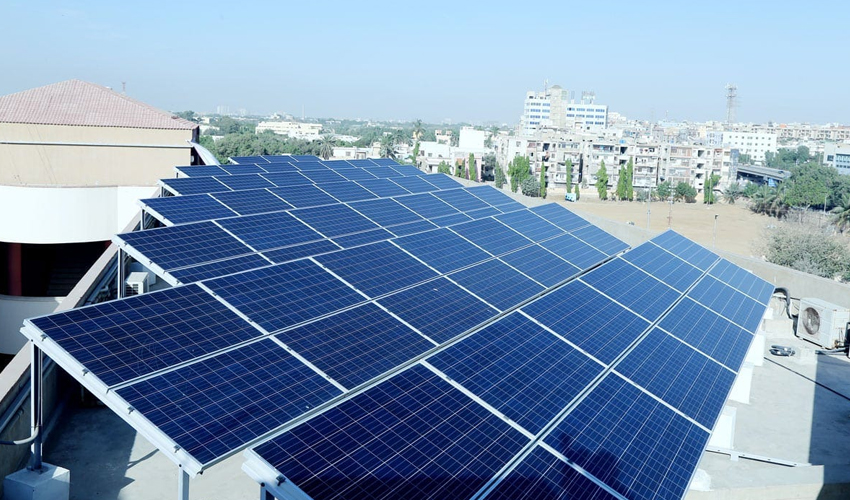In a groundbreaking move to tackle soaring electricity bills, the Punjab government has unveiled the Roshan Gharana scheme.
This ambitious initiative aims to install solar systems in 4.5 million homes across the province, providing much-needed relief to consumers struggling with hefty energy costs.
How does Roshan Gharana work?
Under the program, households will receive solar panels in easy installments, with the size of the system determined by their monthly electricity consumption. Consumers using up to 50 units per month will get a 500-watt solar system for free, while those consuming between 50 and 100 units will receive a 1-kilowatt system. For those using 200 to 300 units, a 1100-watt system will be installed, with larger options available for higher consumption tiers.
To qualify for the scheme, residents must have an annual electricity consumption of up to 500 units and be tax filers. Unfortunately, individuals receiving government assistance programs or with a history of electricity theft will be ineligible.
Easy registration and flexible payment options
The registration process is simple. Interested households can send their identity card number and electricity bill reference number to 8800. Successful applicants will be selected through a draw and offered the opportunity to purchase solar systems through Bank of Punjab or National Bank.
The scheme offers flexible payment options. Consumers will pay 25% of the cost upfront with no interest, followed by five years of interest-free installments added to their electricity bills. The government will bear 75% of the interest for consumers using more than 500 units.
A brighter future with solar power
The Punjab government aims to install these solar systems between September and October, marking a significant step towards a cleaner and more sustainable energy future. By reducing reliance on traditional power sources, Roshan Gharana is expected to alleviate pressure on the electricity grid and provide long-term savings for participating households.
As the program unfolds, it is anticipated that the benefits will extend beyond individual households, contributing to overall economic growth and environmental protection in the province.



























